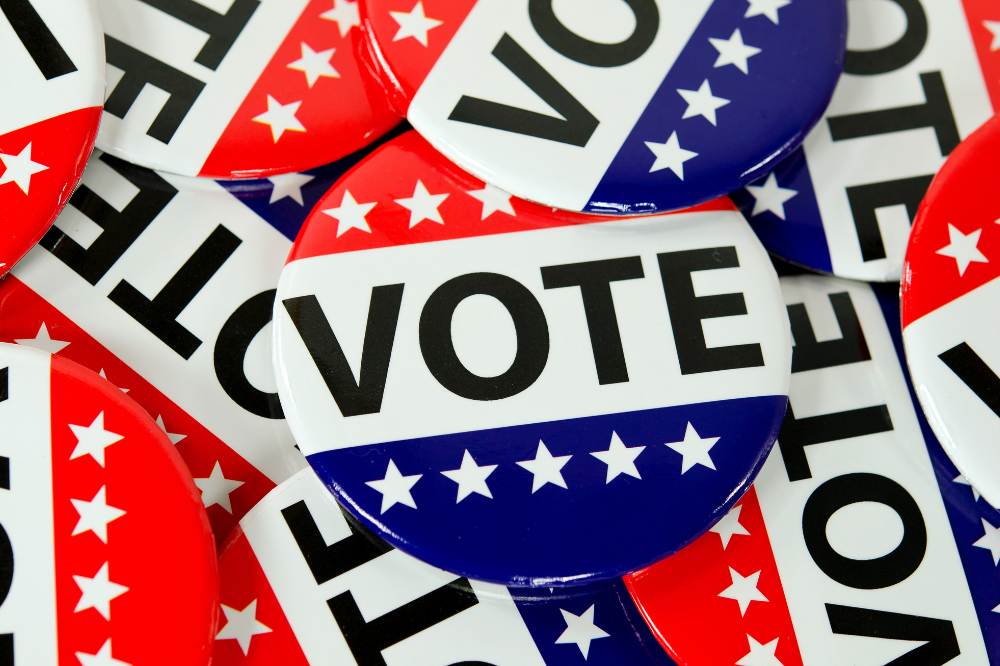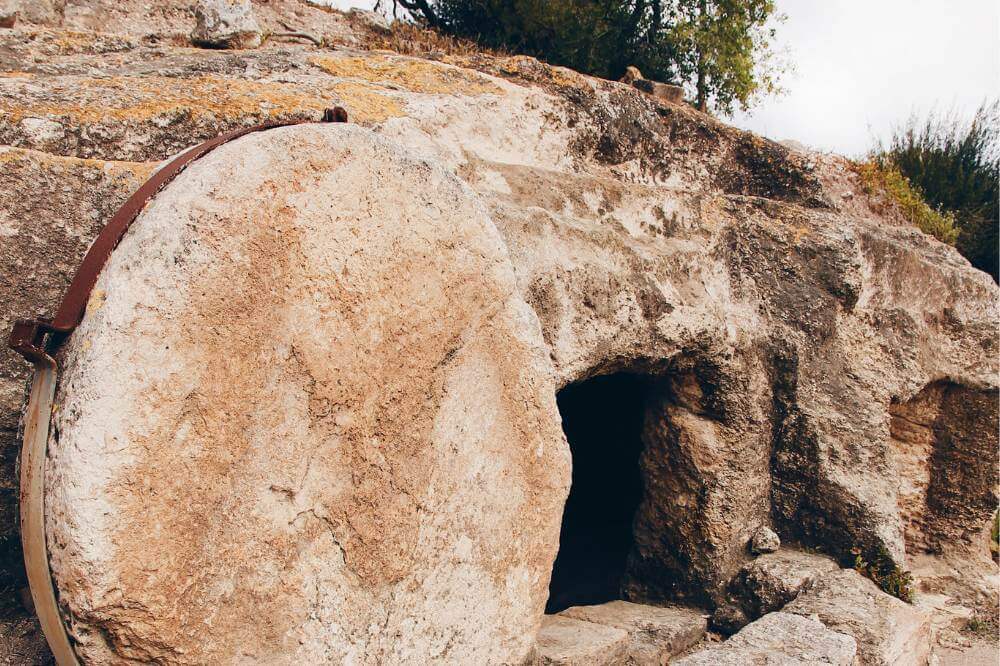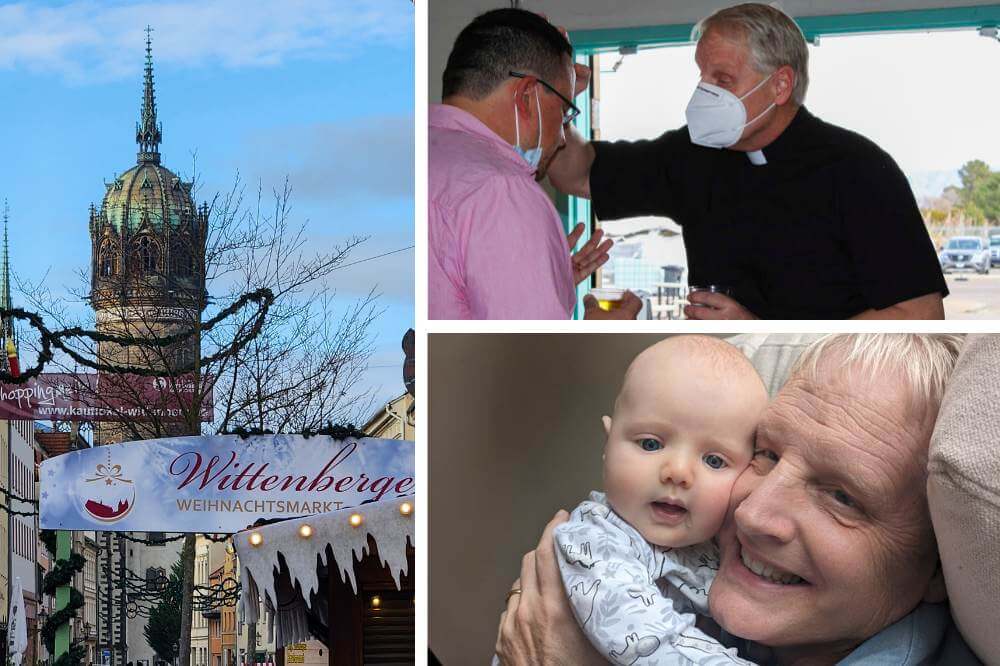It’s that time of year again. Yes, the strange conflation of Thanks-oween-mas, but also election time. I’m always bewildered that so few people vote—almost always fewer than half of the eligible voters and often for local elections even fewer than 20%. County, district, and state elections matter—a lot—especially as there is growing momentum for pushing critical decisions down from federal control to the state level. This is particularly evident in immigration and refugee policies, health care funding (including accepting and allotting Medicare dollars), abortion access, gun rights, business incentives, and environmental implications, just to name a few.
I get that many of us are past frustrated with political systems, posturing, and divisions. It’s hard to know whom to believe anymore, whom to trust, if anyone. Is anyone able, and does anyone prioritize over political party allegiance the best interest of all or the constitutional premise that all are created equal with certain unalienable rights of life, liberty, and the pursuit of happiness? Or is it just a game of lobbyists, donors, power, spin, and re-election above all else? Even more pressing is how we who profess to be claimed by and to follow in the way of Jesus live out our core convictions in the day-to-day world of community and relationships—which is to say, in our politics—which is further to say on what basis we make decisions that affect others, including the distribution of wealth?
Politics comes from the Greek for “affairs of the cities.” You know that Greek word polis for city, because you’ve heard of Kannapolis (Cannon City), Indianapolis (Indiana City), Minneapolis (Minnesota City), and even Superman’s Metropolis (Mother City). Politics is the process of how decisions are made in groups, including how and where power resides, and can include decisions about how wealth and resources are distributed. Families, congregations, institutions, and communities all have politics, because somehow or other (assuming short of violence) decisions must be made.
People joke that if you want to get along, avoid talking about religion and politics. But that’s not really possible for those of us who call ourselves Lutherans—a religion—whose first commandment insists that there will be no other gods before the one true God. Lutheran historian and theologian Martin Marty and Anglican priest Sam Wells both remind our generation of an ancient observation about politics; namely, that in any relationship over time politics are unavoidable and that as frustrating and ineffective as politics may be, the only alternative is violence. As evidenced by the attack on Speaker Pelosi’s husband last week, the shooting of Rep. Steve Scalise during a congressional softball game a few years back, the violent storming of the Capitol on January 6, and endless random mass shootings, the worrisome trend seems to be bypassing the politics and opting for the violence.
On my seminary internship, I was in Berlin in 1984-85; The Wall still surrounded the city. We traveled fairly extensively in both East Germany and even in Russia. The politics in those countries at that time was of course communism. In Moscow, in March of 1985, I had a revelation. In this political system of supposed sharing equitably among all, people waited in lines for hours downtown, waiting for their one pair of shoes for the year, few had vehicles or any hope of ever having one, and citrus fruits were non-existent. But in the Outer Ring of Moscow, people lived in opulent mansions with Rolls Royces in the driveway. Capitalism and communism, no matter how they’re designed in theory, have the same core problem. Greed! Sin! Why? Because both have people, and people are captive to sin and cannot free themselves.
If we can theologically as Lutherans own that sin is pervasive no matter what our form of governance, I still—after having lived up close and personal, surrounded by communism—am most grateful to cast my lot with the politics of democracy. Created in the image of God with the responsibility to deliberate morally, allowing each citizen to vote keeps us accountable to one another and to the faith we profess. If we are happy with our elected leaders, we cannot become complacent, and if we are unhappy, we always have hope in the next election.
I urge you, if you have not already, to vote. My Grandmother Smith, born in 1888, could not vote until she was 32 years old when women were granted that right with the 19th Amendment. A great majority of African Americans in the South when I was born in 1960 could not vote due to literacy tests and poll taxes intentionally designed to keep them from doing so. Voting for our leaders is a privilege in which we all bear responsibility not only as patriotism but even more as our enacted prayer for the future.
I remind you of the 1774 advice of John Wesley, the founder of Methodism, about voting, confessing that I have fallen short on items 2 and 3. I also would add that we pray for ALL candidates and for our nation and that we pray for God’s wisdom and guidance as we prepare to vote.
“I met those of our society who had votes in the ensuing election, and advised them:
- To vote, without fee or reward, for the person they judged most worthy.
- To speak no evil of the person they voted against.
- To take care their spirits were not sharpened against those that voted on the other side.”
Blessings to you, and God bless America that we might be a blessing to others.
Walking with you,





